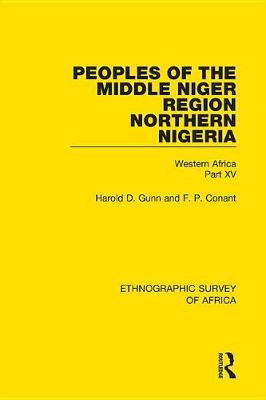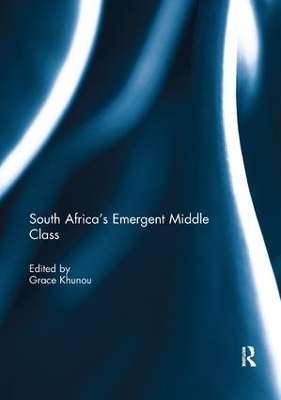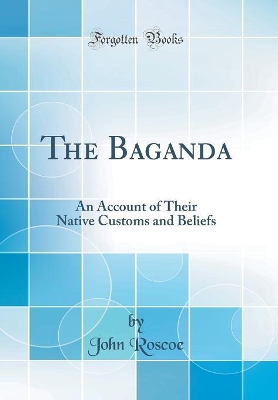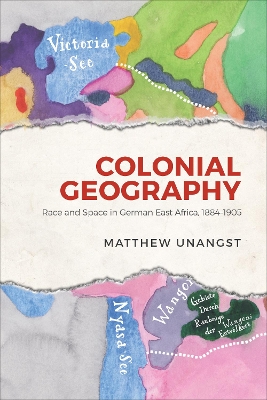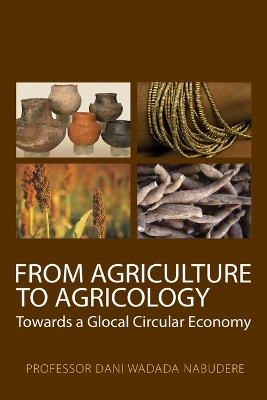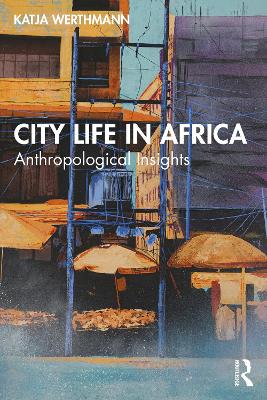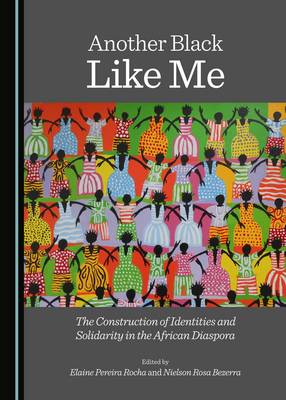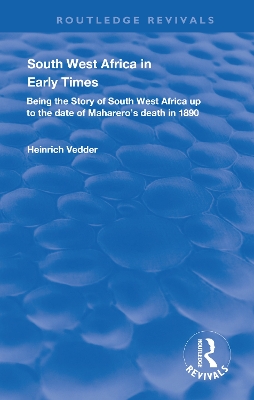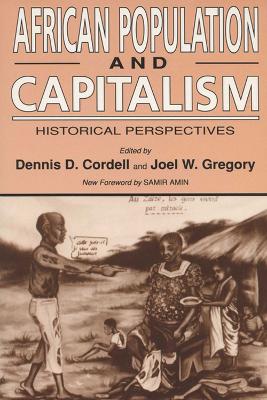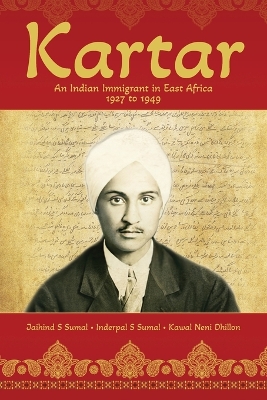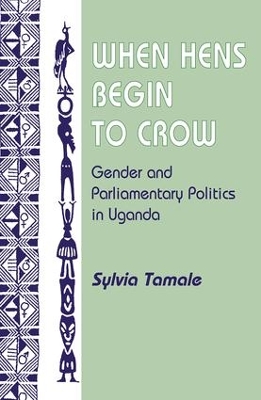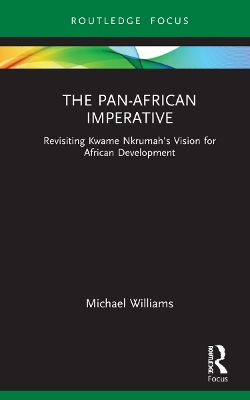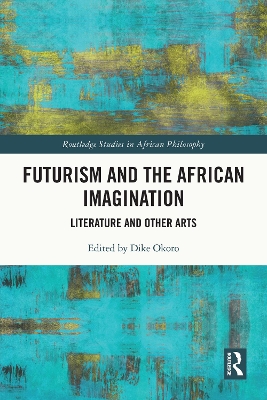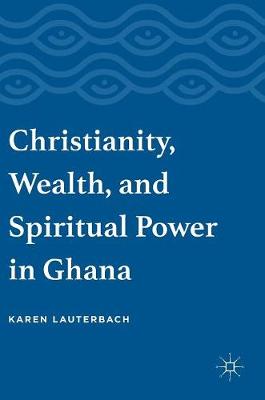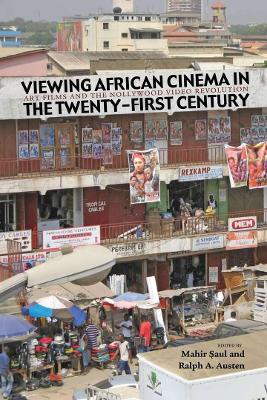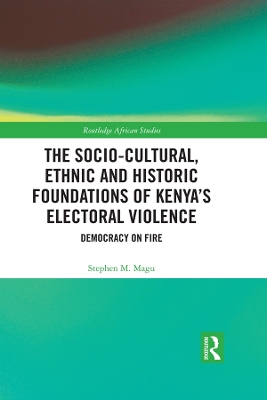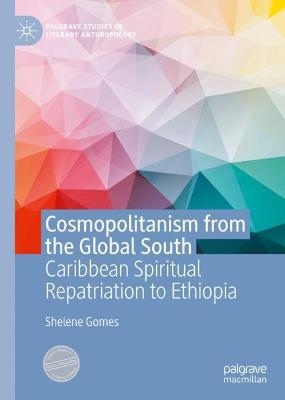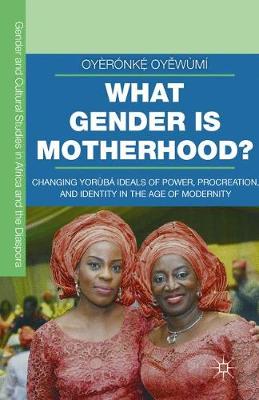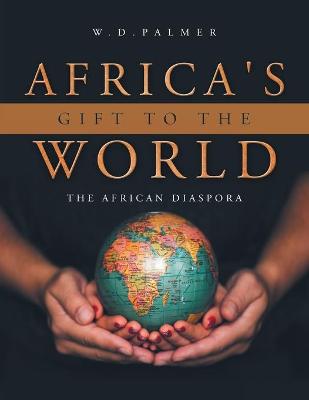Peoples of the Middle Niger Region Northern Nigeria
by Harold Gunn and F. P. Conant
Routledge is proud to be re-issuing this landmark series in association with the International African Institute. The series, published between 1950 and 1977, brings together a wealth of previously un-co-ordinated material on the ethnic groupings and social conditions of African peoples. Concise, critical and (for its time) accurate, the Ethnographic Survey contains sections as follows: Physical Environment Linguistic Data Demography History & Traditions of Origin Nomenclature Grouping...
South Africa's Emergent Middle Class
This book is drawn from diverse studies that grapple with Black Middle Class experiences in contemporary and historical South Africa. The chapters present research from diverse disciplines, and tackle issues related to being black and middle class, using both quantitative and qualitative approaches. Like many other social phenomena, the black middle class concept is seen as complex and not easy to pin down. As a result, conceptualizations from these chapters are dynamic and relevant for understa...
The Baganda (Cambridge Library Collection - Anthropology)
by John Roscoe
First Published in 1965. Routledge is an imprint of Taylor & Francis, an informa company.
Negro Journalism An Essay on the History and Present, Conditions of the Negro Press
Colonial Geography charts changes in conceptions of the relationship between people and landscapes in mainland Tanzania during the German colonial period. In German minds, colonial development would depend on the relationship between East Africans and the landscape. Colonial Geography argues that the most important element in German imperialism was not its violence but its attempts to apply racial thinking to the mastery and control of space. Utilizing approaches drawn from critical geography,...
In this meditation, respected Ugandan academic Dani Wadada Nabudere traces the roots of the global economic crisis and warns of the threat that the decline of Western nations poses to the African continent - the final frontier for those in search of new lands and resources to exploit. As a deterrent to what he sees as the encroachment of super-profiteers looking to Africa for the land to increase their profits in industrial agriculture, Nabudere advocates for what he terms “community sites of kn...
Between 1925 and 2000 several documentary films were made about the Bushmen people of southern Africa. This book is the first study of this film genre, `Bushmanology’, bringing together two areas of important scholarship: the use of film as a source for the writing of history, and the history and mythologising of hunter-gatherer societies in southern Africa. Critiquing several film `visualisations’ of Bushman cultures, documentary films aimed at international distriurbtion for a general audienc...
This book introduces readers to the anthropology of urban life in Africa, showing what ethnography can teach us about African city dwellers’ own notions, practices, and reflections. Social anthropologists have studied city life in Africa since the early 20th century. Their works have addressed a number of questions that are relevant until today: What happens to rural people who move to the city? What kinds of livelihoods do they pursue? How does city life affect moralities and practices connec...
Another Black Like Me
This book brings together authors from different institutions and perspectives and from researchers specialising in different aspects of the experiences of the African Diaspora from Latin America. It creates an overview of the complexities of the lives of Black people over various periods of history, as they struggled to build lives away from Africa in societies that, in general, denied them the basic right of fully belonging, such as the right of fully belonging in the countries where, by choic...
This book was originally published in 1966. This detailed study of the history of South West AFrica up to the date of Maharero's death in 1890 was originally published in German and appeared in an English version for the first time in 1938 when it was recognised as the first standard work on the subject. The author's extensive ethnological and linguistic studies made him especially well equipped to give a detailed account of the country and its people, and of the customs and languages of the dif...
Refractions of the National, the Popular and the Global in African Cities
African Population and Capitalism
This is a synthesis of case studies and theory which takes issue with established African demographic theory, emphasising that demography is an historical process, a permanent and varied adaptation to social and economic change. The book covers 20 African societies in the sub-Saharan region, examining not the effects of slavery, colonialism and capitalism on each, but also the resistance and resilience of indigenous African institutions and individuals.
Among African countries, Uganda is unique in its affirmative action program for women. In the late 1980s, President Yoweri Museveni announced his belief that Uganda's successful development depended on increased gender equity and backed his opinions by setting several women-centreed policies in motion, including a 1989 rule that at least 39 seats in the Ugandan parliament be reserved for women.In this fascinating study, based on in-depth interviews with both male and female parliamentarians, wom...
The Pan-African Imperative (Routledge African Studies)
by Michael Williams
This book argues that the principles of Pan-Africanism are more important than ever in ensuring the liberation of the people Africa, those at home and abroad, and the rapid development of the African continent. The writings and practice of Osagyefo Dr. Kwame Nkrumah, Ghana’s first post-independence prime minister and president, were key in laying out a vision for post-independence Africa. Now, in an effort to counter the deluge of neo-liberal thinking that has engulfed so much of the debate on...
Futurism and the African Imagination (Routledge Studies in African Philosophy)
This book investigates how African authors and artists have explored themes of the future and technology within their works. Afrofuturism was coined in the 1990s as a means of exploring the intersection of African diaspora culture with technology, science and science fiction. However, this book argues that literature and other arts within Africa have always reflected on themes of futurism, across diverse forms of speculative writing (including science fiction), images, spirituality, myth, magi...
This book centers around mid-level charismatic pastors in Ghana. Karen Lauterbach analyzes pastorship as a pathway to becoming small “big men” and achieving status, wealth, and power in the country. The volume investigates both the social processes of becoming a pastor and the spiritual dimensions of how power and wealth are conceptualized, achieved, and legitimized in the particular context of Asante in Ghana. Lauterbach integrates her analysis of charismatic Christianity with a historically in...
African cinema in the 1960s originated mainly from Francophone countries. It resembled the art cinema of contemporary Europe and relied on support from the French film industry and the French state. Beginning in 1969 the biennial Festival panafricain du cinéma et de la télévision de Ouagadougou (FESPACO), held in Burkina Faso, became the major showcase for these films. But since the early 1990s, a new phenomenon has come to dominate the African cinema world: mass-marketed films shot on less expe...
The Socio-Cultural, Ethnic and Historic Foundations of Kenya’s Electoral Violence (Routledge African Studies)
by Stephen Magu
Kenya’s 2007 General Election results announcement precipitated the worst ethnic conflict in the country’s history; 1,133 people were killed, while 600,000 were internally displaced. Within 2 months, the incumbent and the challenger had agreed to a power-sharing agreement and a Government of National Unity. This book investigates the role of socio-cultural origins of ethnic conflict during electoral periods in Kenya beginning with the multi-party era of democratization and the first multi-part...
Cosmopolitanism from the Global South (Palgrave Studies in Literary Anthropology)
by Shelene Gomes
This is a book about the power of the imagination to move persons from the Global South as they reinvent themselves. This ethnography focuses on Caribbean Rastafari who have undertaken a spiritual repatriation to Ethiopia over several decades particularly, though not exclusively, from Jamaica. Shelene Gomes traces the formation of a Rastafari community located in the multicultural Jamaica Safar or Jamaica neighbourhood in the Ethiopian city of Shashamane following a twentieth century grant of la...
What Gender is Motherhood? (Gender and Cultural Studies in Africa and the Diaspora)
by Oyeronke Oyewumi
In this book, Oyěwùmí extends her path-breaking thesis that in Yorùbá society, construction of gender is a colonial development since the culture exhibited no gender divisions in its original form. Taking seriously indigenous modes and categories of knowledge, she applies her finding of a non-gendered ontology to the social institutions of Ifá, motherhood, marriage, family and naming practices. Oyěwùmí insists that contemporary assertions of male dominance must be understood, in part, as the wor...
Africa and the Global System of Capital Accumulation (Routledge Contemporary Africa)
Africa and the Global System of Capital Accumulation offers a groundbreaking analysis of the strategic role Africa plays in the global capitalist economy. The exploitation of Africa’s rich resources, as well as its labor, make it possible for major world powers to sustain their authority over their own middle-class populations while rewarding African collaborators in leadership positions for subjecting their populations into poverty and desperation. Middle-class obsessions such as computers, m...
This book critically analyses the important role of radio in public life in post-apartheid South Africa. As the most widespread and popular form of communication in the country, radio occupies an essential space in the deliberation and the construction of public opinion in South Africa. From just a few state-controlled stations during the apartheid era, there are now more than 100 radio stations, reaching vast swathes of the population and providing an important space for citizens to air their...
